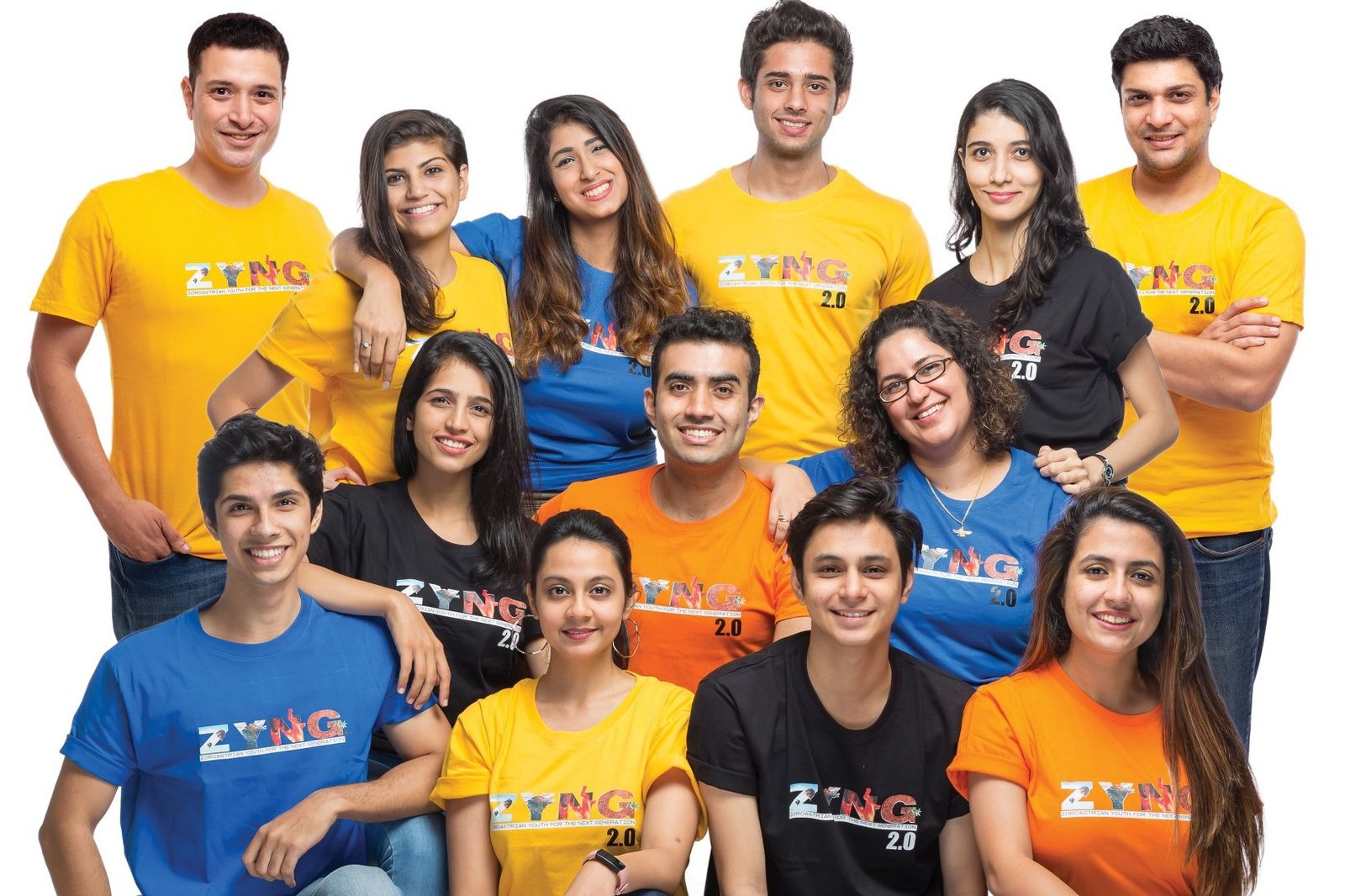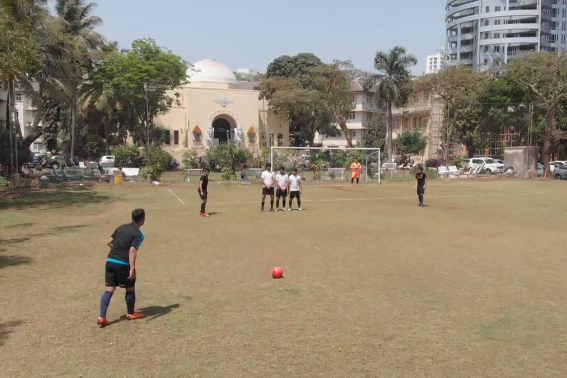PARSI INGENUITY AT ITS BEST
I have a dreaded fear that I am sharing in the open. When I grow old, I may become feeble. When I become old, my children may be far from me. When I grow old, I may become lonely. In perhaps no other prominent urban community is this reality more evident, than the Parsis. This community resides at the other end of India’s demographic dividend; even as India is getting younger, the Parsis are getting older (60 per cent of the community in Kolkata is above 65). Even as India’s population is growing, the Parsis are shrinking (down from 4000 in Kolkata about 40 years ago, for instance, to 450 today).
The Kolkata community was illequipped to address shrinkage, so it is addressing the challenge of age, a game over which at least some control can indeed be exercised. The Calcutta Zoroastrian Community Religious and Charities Fund allocated annuity income (generated from property ownership) for a project that addresses the needs of their elderly. This is what CZCRCF (trust only the Parsi ingenuity to create this tonguetwister) did: it identified 27 individuals needing periodic care; it created a team of five women caregivers; it created a regular roadmap of who would need to be visited by whom on which day and what time; it ensured that each individual would be attended at least eight times a month; it allocated a fund to remunerate the care-givers (not a fancy salary plus dearness allowance, but a ‘we would be grateful if you accepted this’ kind of emolument).
There are some remarkable things to be learned from this model. One, it is utterly simple. What Kolkata’s Parsis have achieved is not some fancy multi-competence operation: just afew individuals getting together to make things happen. This Kolkata operation is stewarded by a lady (who incidentally told me thrice during my conversation ‘please don’t mention my name’) who opted for a VRS with a multi-national and was the happiest to start this service. Two, this is a serious day-job for care-givers. They start at ten, visit one home, spend about half an hour, engage in chitter-chatter, say their goodbye (‘Oh sweetie, time over already? Havey kyaarey aavso?’), take public transport, move to the next individual and repeat the exercise.
Three, the caregivers have customised their act: they recognize that Freny aunty cannot be visited early because her BP is usually high before noon, that Jal uncle is usually irritable before lunch and best left alone at that time, and that since Katy aunty lost her husband the only thing that perks her up are walks to the club. Four, the caregivers are not just engaged in a home-delivered service; they need to put the recipient at ease – and that could mean taking an 86-year to the bank to withdraw cash from the ATM during demonetisation, arranging avisit to the doctor followed by a visit to the diagnostic centre for tests and purchase of corresponding medicines.
Five, the service has extended beyond the functional; the old and the informed don’t only want someone to periodically visit and ask ‘Tabeeyat kem chhey Cyrus uncle?’ But someone who can take them for a Dangal multiplex screening on World Elders’ Day, or drive them to Bakkhali for a spray of the sea breeze (crazy but that’s how it is), or take an 83-year-old for her manicure and pedicure, or even take someone to Jamshedpur (which for those who don’t know is the Parsi’s Avalon from where they dissolve and go straight to heaven). Six, the engagement can often become a 24×7 calling.
There are a number of times when the caregivers need to respond with urgency to shift an elderly to hospital at 2am; the families of the care-givers have gradually been drawn into providing logistical support; two community youngsters have volunteered to provide an anytime car pick-up-and-drop service. Seven, the service is beginning to evolve. One of the care-givers – she is nice, pretty, effervescent and youngish based on her WhatsApp DP before you assume that this must be a grim exercise for grim people – has graduated to preparing the expired body for the final rituals.
This has brought her eyeball-toeyeball with mortality; she tells me philosophically that ‘all we really need in life is a room with a view, sun in the sky, a cupboard and a toilet – the rest is life’s overheads.’ There are fun moments too. Like coming across 86-year-old Roshan aunty who needed to be shifted from the hospital after an operation to someone else’s place for recuperation but who insisted (‘ziddi’ was the word used) on going home first to get her hair dyed and set. I am going to take the money I earn from this column and create a seed fund to start this initiative in my Dawoodi Bohra community in Kolkata. Wish me luck.





